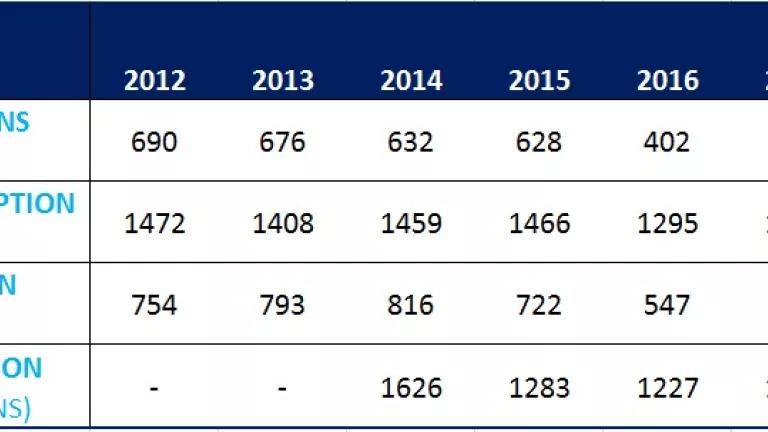Today, I spoke at the Soil and Water Conservation Society's annual conference as part of panel during the conference's main plenary session. Here is a quick summary of what the panel covered and my reaction.
The panel was moderated by Dan Looker, senior business editor from Successful Farming magazine and included Peter Celvert, chief technology officer for SolarDieesl, Don Reicosky, a soil scientist with USDA's Ag Research Service North Central Soil Conservation Research Lab, Marca Weinberg an economist with USDA's Economic Research Service, Craig Cox, SWCS Executive Director, in addition to myself. Among others, we addressed the following questions:
How is the expansion of corn ethanol production going to affect soil humus (carbon) and soil erosion? And will cellulosic ethanol production make that situation better or worse? Is cellulosic ethanol environmental pie in the sky, similar to the so-called hydrogen economy that is years away and less helpful for the environment than it seems? Recent studies in the Netherlands have shown that biodiesel made from palm oil increases CO2 emissions because establishing oil palm plantations displaces more biomass than is saved by burning biodiesel; is this the whole story? And can biodiesel be competitive in today’s price environment that has driven the cost of vegetable oils above breakeven costs for some plants? Will scarce water resources limit the growth of ethanol production? Both President Bush and energy legislation passed by the U.S. Senate call for ambitious levels of transportation fuel to come from non-petroleum sources. Is the federal government really moving toward spending enough on research, grants and economic incentives to make this happen?
For me addressing the SWCS was really the highlight of the panel. As I told the members, they're really going to be critical if we're going to do biofuels in an environmentally responsible way. We need the policies to shape the market and create the right economic incentives for growing biomass responsibly, but they'll be the front line working with farmers in the fields.
It was also a pleasure to be on a panel with Craig, few people know more about the conservation title of the farm bill than he does.
Marca Weinberg presented three interesting slides about existing water constraints and where the ethanol industry is growing. She made the obvious but important point that water constraints will really depend on where and how we develop biofuels. She has a particularly revealing slide showing existing and planned ethanol plants and current levels of irrigation and then a drill down showing the existing and proposed plants in and around the Ogallala Aquifer superimposed over a map of the aquifer water depths. The second slide especially showed how there would be places where new water demand from ethanol plants could result in significant local water challenges and stress this critical and already heavily tapped aquifer. But it also showed that a lot of the proposed new plants would be well outside the aquifer. [Note: I asked her for a copy of her slides and as soon as I get them, I do a post just on them.]
On and off the stage, Peter Cevert also provided a very interesting perspective of palm oil based biodiesel from a company that seems to focused on developing palm oil biodiesel responsibly. He was recently back from Columbia where he had been working with a palm oil cooperative that he claimed was the first to go through third-party certification to the Roundtable on Sustainable Palm Oil standards. RSPO hasn't issued guidelines for certifying to these standards, but getting folks to go ahead and use third-party certification now is important to speeding the adoption of these standards. He expressed deep skepticism that claims about the sustainability of palm oil from Indonesia can ever be trusted, but had a slightly more hopeful outlook for Malaysia. Interestingly, he also said that his company was going to open a biodiesel processing facility in Illinois that would use palm oil.
And Don, well, as he put it, he's a conservative soil scientist, but working in MN he can't help but know a lot about the impacts of corn production for ethanol.The understanding of the challenges that he showed helped make my point that our soil and water conservation experts are going to be critical to getting biofuels right.
All in all a day well spent.


